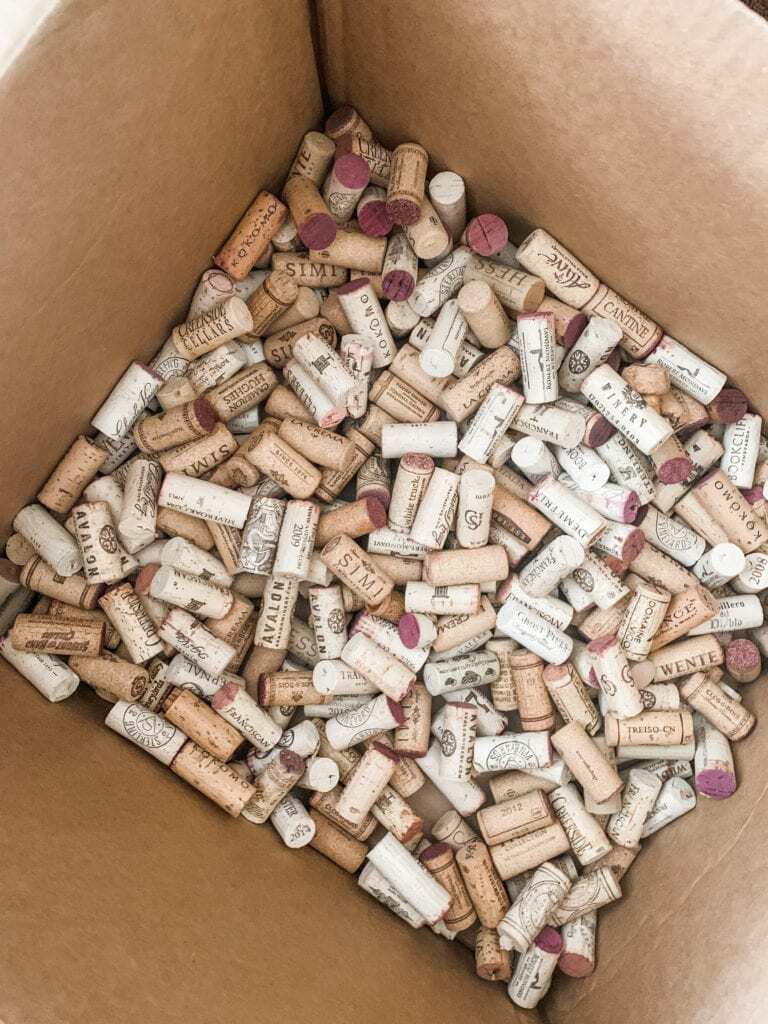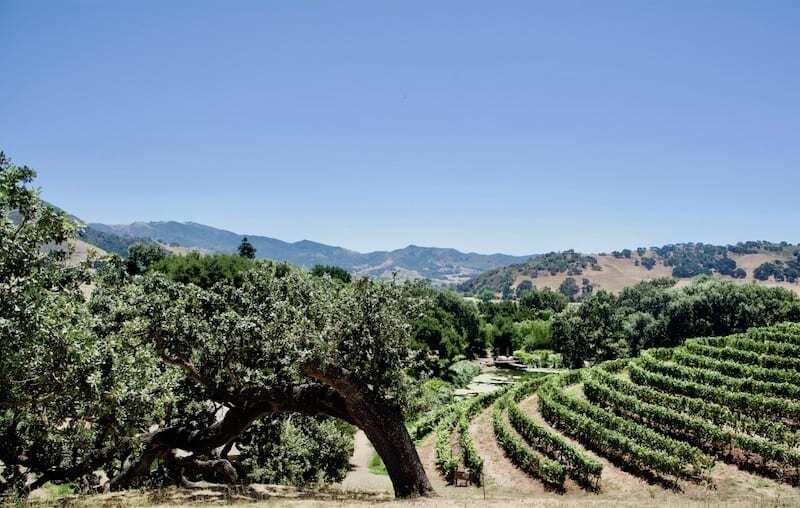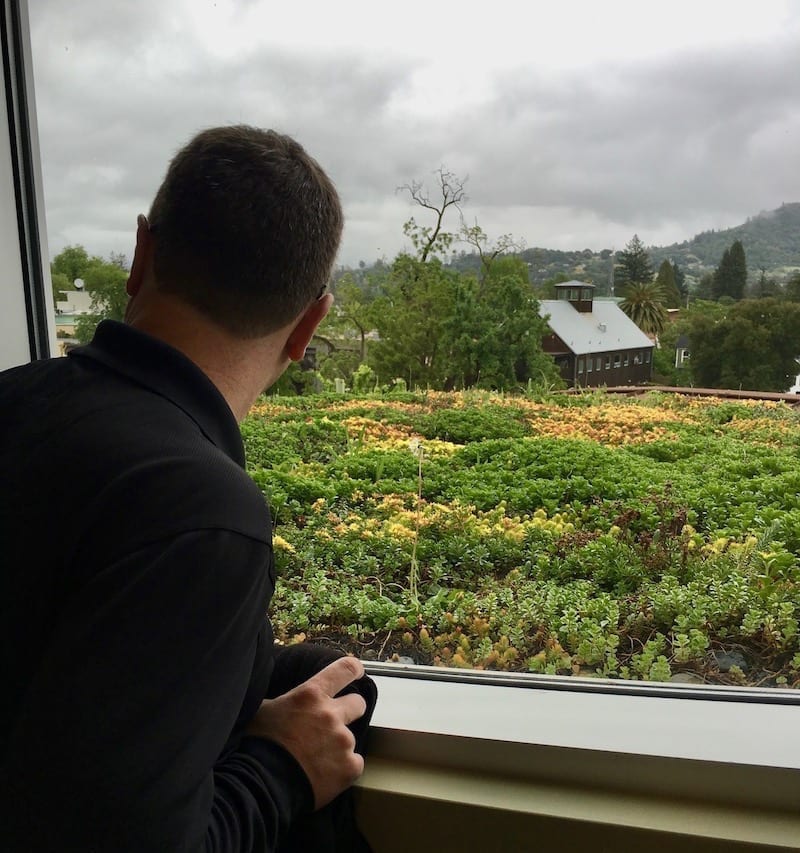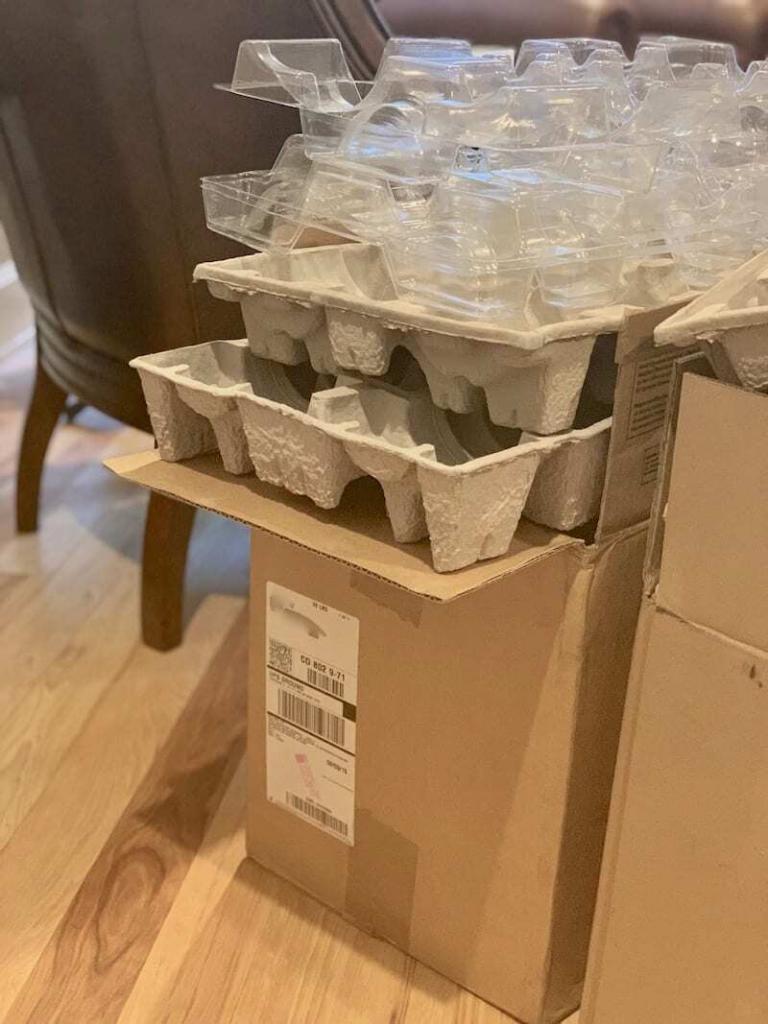Easy ways to enjoy wine while being kind to the Earth
By thoughtfully selecting your choices in wine, you can go a long way in reducing your “wine footprint” and by becoming a conscious world citizen, you can affect change and the health of our planet. In other words, you can help save the planet with the wines you choose to sip. I am not suggesting you forego your favorite bottles. But, it’s easier than you think to do your part in helping the planet one wine at time.
With April being Earth Month I’ve pulled together some easy ways you can become more of an sustainable wine lover.
Recycle More
By now we all know that recycling glass bottles helps the environment. So it goes without saying that recycling your wine bottles is an easy way to be a sustainable wine drinker. But, did you know you can also recycle your corks and screw caps?
Natural corks can be placed in your compost bins. Since natural corks do compost putting them in the trash bin isn’t a bad thing, but it takes about 10 years to decompose so turning them into something other than worm food would be better.
There are a few companies that recycle corks into other product, such as, ReCork and CorkClub, the later allows you to mail in both natural and plastic corks for recycling.
While screw caps and synthetic corks can go in your recycling bins at home most won’t get recycled since they’re so small and will fall through the recycling machines and end up in the landfill. If you want to try to recycle at home collect the plastic corks in a milk gallon that can contain them in the recycling bin. As for screw caps, do the same but with an aluminum container.
If you’d rather get a little crafty, with your corks, try making a wreath, bird house trivet or corkboard. There a ton of wine cork crafts out there!

Buy Local Wines
Wine is expensive to produce and to distribute. Think about all the packaging, flights and trucks to get that case you ordered to your front porch… Thank goodness wine is produced on nearly every continent, in nearly every country and in every state in the United States. Embracing local and regional wines reduces the wineries carbon footprint and yours. Not everyone is lucky enough to live in Piedmont, Rioja, Burgundy or Champagne. But great wine can be found in your backyard, if you explore a little. (See all of Carpe Travel’s Wine Travel Guides!)
Look for Eco-Friendly Wines
Grapes are challenging to grow and often requires various pesticides, chemicals and technologies that extract natural nutrients from the soil, the land and leach into water supplies. When you buy wines marked as organic, bio-dynamic or sustainable you are contributing to agriculture done right since these wines have stricter regulations around what can be used (and not used) during the growing process.
Visit Eco-Friendly Wineries
As I noted above, buying wines from wineries who are practicing responsible agricultural process – organic, bio-dynamic or sustainable – is a great way to be a sustainable wine drinker, but when you’re in wine country make it a point to VISIT them too. If they offer a tour, take it as you’ll learn more about their farming practices and how they differ.

Did you know Napa Valley was designated America’s first Agricultural Preserve in 1968? That means the rolling hills covered with rows of vineyards is set aside for growing — not building.
Book Eco-Friendly Hotels
Regardless of if you’re traveling to wine country or not you should always consider staying at eco-friendly hotels when you travel. One of my favorites is H2 Hotel in Sonoma County. It’s fully LEED Certified and completed with a beautiful rood top garden. Even if your hotel isn’t technically an eco-friendly hotel, you can be a little greener by skipping the daily cleaning services, not asking for new towels or having the sheets changed.

Ask About Shipping Materials
It drives me crazy when I order wine to have shipped and it arrives in styrofoam and/or insane amounts of plastic padding. Neither are green solutions. I order a lot of wine so I’ve actually started calling wineries to inquire about what they ship in, if styrofoam is the only option I reconsider my order. Although, now with the new Styrofoam recycling center here the valley I might be more open to it. The best sustainable wine shipping materials are the cardboard nested trays made from recycled paper. They stack nicely and can be crushed into the recycling bin or a compost pile.

Use A Reusable Wine Tote
You know you have a zillion reuable grocery bags, but maybe not a wine tote. I have a few in my trunk at all times to use for those last minute wine purchases. For me, their easier to carry than a box of wine but for the environment, they’re better than having to recycle another box.
Use Eco-Friendly Glassware
Stay Hydrated with Reusable Water Bottles
Any successful wine vacation requires you to stay hydrated. An easy way to be a sustainable wine traveler is to pack and use your own reusable water bottle when visiting a winery. If you forgot yours, most tasting rooms sell them as a souvenir now. Pick one up to help support the winery and the planet. (If you do pack one ahead of time, try getting an Alkaline water bottle for even more hydration. My go to is my Dyln Living Water Bottle.
What are some other ways you try to be a sustainable wine lover?
Elaine Schoch is an award-winning travel writer, wine judge, American Wine Specialist and certified by the Wine & Spirit Education Trust (WSET II). At Carpe Travel she shares wine travel destination guides for ALL WINE LOVERS – from novices to experienced pros – to help them plan their wine adventures, arming them with insider tips, must-visit spots, and things to see and do beyond the vines.


Great and interesting blog, thank you for sharing, keep going